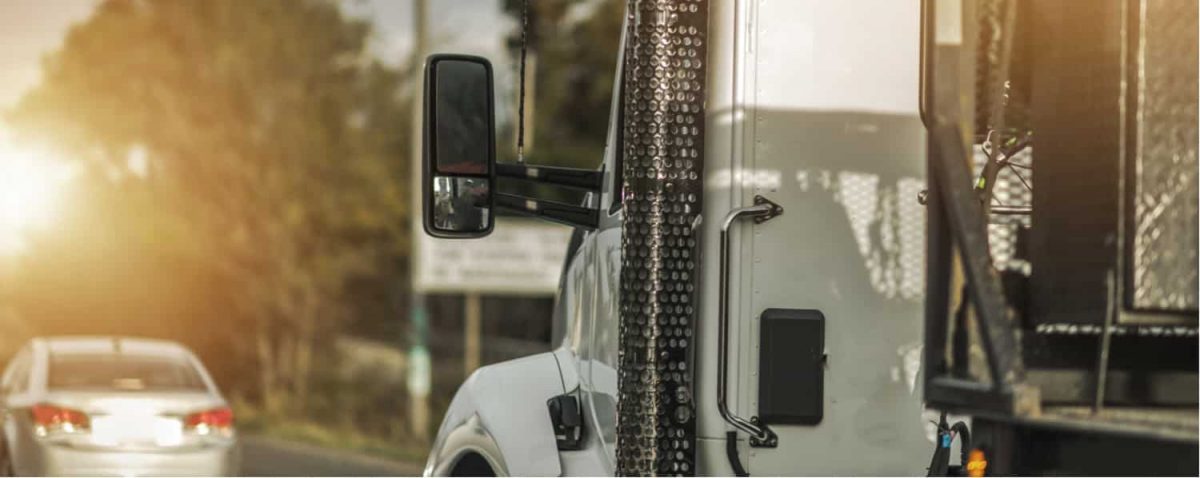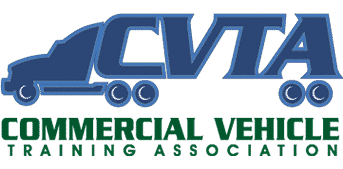In order to earn your commercial driver’s license (CDL), you will need to pass an exam. This includes a skills test as well as a written portion. This written exam includes sections that are specific to different endorsements, as well as a set of more general multiple-choice questions that every applicant must complete. These questions make up what is known as the CDL general knowledge test. You must answer a minimum of 80% correctly to earn your license.
Here’s what you can expect from the general knowledge portion of the CDL exam:
Purpose of the Written Test
The written test focuses on your knowledge of safety and vehicle operation. When you pass, you earn your commercial learner’s permit (CLP). In order to obtain your CDL, you will then need to pass the skills portion of the exam. This evaluates your ability to actually drive a tractor-trailer. The combination of the written and skills tests ensures that you have a more complete understanding of trucking safety and are prepared to become a commercial driver.
What the CDL General Knowledge Test Includes
If you are working toward a Class A CDL, you should study the following sections of the CDL manual: Introduction (1), Driving Safely (2), Cargo (3), and Combination Vehicles (6). Note that combination vehicles are different from long combination vehicles, which are covered in Section 7. Questions about these types of tractor-trailers appear on the doubles/triples endorsement test.
Introduction
This portion of the manual covers basic definitions related to commercial driving. It also outlines when a CDL is necessary, when a person may be unable to earn a license, and how the process of obtaining a CDL works. This is helpful for determining which tests you will need to take based on the type of trucking you plan to do.
Driving Safely
Section 2 has information about how to safely operate a semi-truck and it gives a detailed description of how to complete a pre-trip inspection. Understanding this is crucial not only for the written test but also for the skills test. During this exam, you will perform an actual inspection. This section also has tips for how to drive safely in specific situations, such as in fog, on mountain roads, or during the winter. You will also learn how to handle accidents and hazards.
Cargo
The cargo section of the manual outlines how to transport freight. Understanding this is important to ensure the safety of yourself and others on the road. It also helps you protect what you are hauling. You will need to know how to load and inspect cargo, what types of freight require special attention, and what regulations may apply.
Combination Vehicles
A tractor-trailer is a form of combination vehicle and it is crucial to understand the unique considerations for driving this type of truck. This portion of the general knowledge test will evaluate your knowledge of key factors related to combination vehicle safety.
Prepare for Your CDL General Knowledge Exam
While you can prepare for your written test by just reading the manual alone, this may not be your best option. Attending CDL school gives you the opportunity to learn from skilled instructors and get answers to any questions that you may have about commercial driving. At Phoenix Truck Driving School, we use a combination of classroom learning and hands-on practice to make it easier for you to learn the material that will appear on the CDL test. This also helps you be better prepared for a trucking career.





